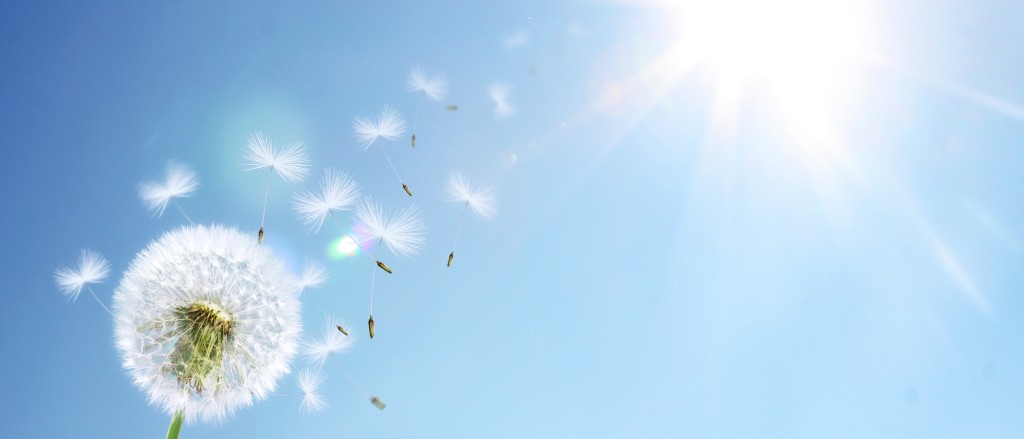April 4, 2022

Did you know that – according to the Asthma and Allergy Foundation of America – more than 50 million Americans suffer from a type of allergy each year? That makes allergies the sixth leading cause of chronic illness in the U.S. And seasonal allergies account for a big percentage of that.
An allergen is something that your immune system reacts to when that something touches or enters your body. There are food allergens, skin allergens and – during certain times of the year – seasonal allergens like the tree and grass pollination that occurs in spring and summer.
When these seasonal allergens make themselves known, they can cause a litany of potentially miserable symptoms in many of us, like:
- Sneezing
- Itching of the eyes, nose or roof of the mouth
- Runny nose or nasal congestion
- Watery, red or swollen eyes
- Sore throat and/or cough and
- Fatigue and weakness.
Misery may love company but, while these symptoms are common, it doesn’t make them any easier to deal with. Fortunately, there are some steps you can take to help manage your seasonal allergies and ease your springtime suffering.
Be aware. Many allergy sufferers actually experience year-round symptoms that aren’t as prominent or noticeable in the “off-seasons.” To better control your suffering and minimize your symptoms, it’s important to know what exactly triggers your allergies. An allergist can help you identify what’s causing your attacks and work with you to develop a plan to minimize your symptoms.
Additionally, check daily weather reports for pollen and mold counts so you’re better prepared for heading outdoors or deciding to stay inside that day.
Take action. In addition to making an appointment with an allergist, there are other actions you can take to protect yourself. If the pollen or mold count is high, or you know you’re going to be outside for a long time, think about wearing a mask to protect your mouth and nose from allergen invaders. You may also consider taking an over-the-counter medication before you head out for the day. And don’t forget to take a shower. Changing clothes and jumping under the water after being outside can help reduce your exposure to seasonal allergens.
If you’re still not receiving relief from your allergy suffering, talk to your primary care provider, who can help you plan a different treatment approach, which may include an allergist and appropriate prescription medication to curb your symptoms.
Is it allergies or COVID-19?
It’s a question on many lips during spring and fall, when seasonal allergies are at their highest: are my symptoms “just” allergies or do I have COVID-19? The two ailments unfortunately do have many similar symptoms, but there are some differences. For example, while COVID-19 often results in a fever, allergies do not. Similarly, COVID-19 can often come with muscle aches, while allergies would not. Still, there is enough symptom crossover that - if you are experiencing symptoms and are not sure (and especially if you think you may have been exposed) – the best way to know for sure is to test for COVID-19 with an at-home test or receive a COVID-19 PCR test at a Andalusia Walk-In Clinic. Call 334.428. CARE (2273).
